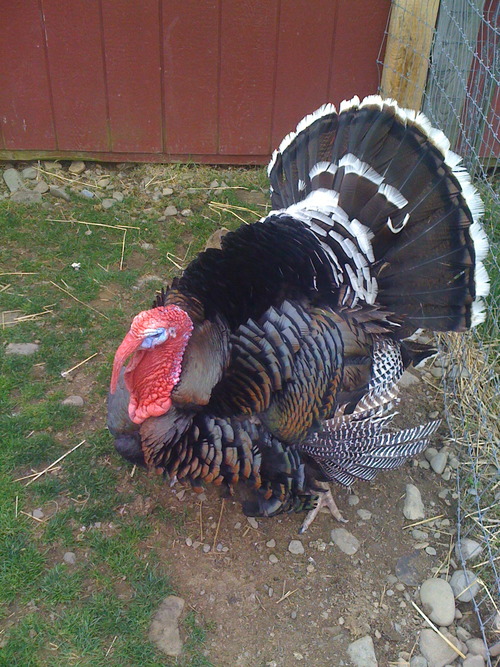Sunday
Nov252012
Last Glimpse of Summer
 Sunday, November 25, 2012 at 12:00PM
Sunday, November 25, 2012 at 12:00PM Entry, Creative Corner
Andrew Martin, Illinois
South Haven, MI
| Comments Off
tagged  Illinois,
Illinois,  beach,
beach,  sunset in
sunset in  Creative Corner
Creative Corner
 Illinois,
Illinois,  beach,
beach,  sunset in
sunset in  Creative Corner
Creative Corner 



